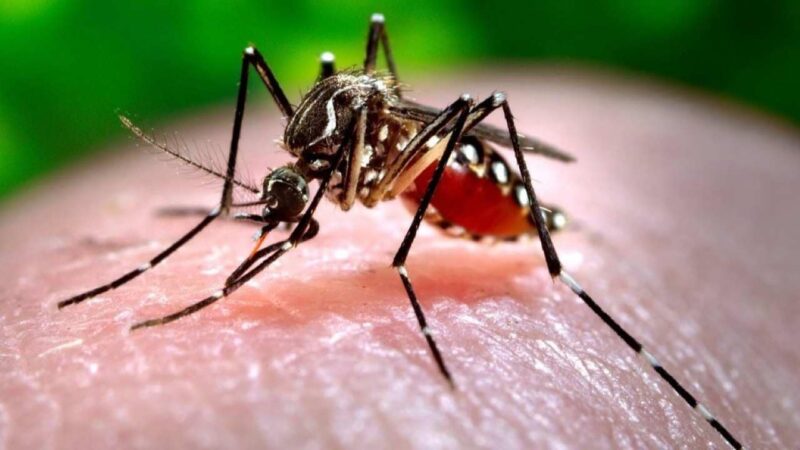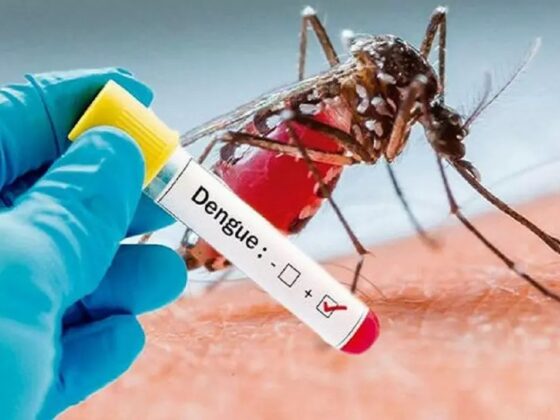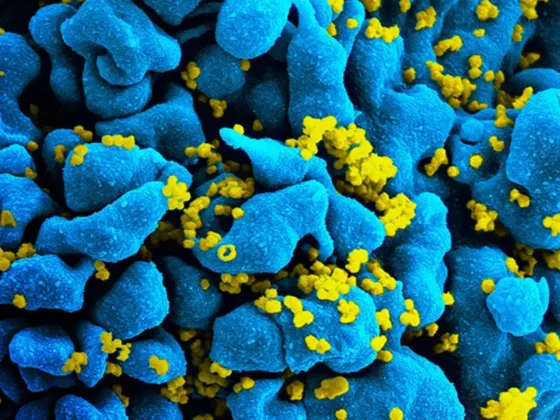New Delhi, October 07: Mumbai is facing its worst chikungunya outbreak in years, with hospitals struggling to cope with the influx of patients. The viral infection, characterized by high fever, joint pain, and fatigue, has overwhelmed healthcare facilities, leading to overcrowding and long wait times. As cases continue to rise, concerns are growing about the potential for a public health crisis.
Chikungunya: A Growing Concern
Chikungunya, transmitted by the Aedes aegypti and Aedes albopictus mosquitoes, is a viral infection that has been spreading rapidly across India in recent years. The virus causes severe joint pain that can last for weeks or even months. While the infection is rarely fatal, it can significantly impact quality of life and strain healthcare resources.
Chikungunya Outbreak In Mumbai
Mumbai, a densely populated city with a vast network of slums and informal settlements, is particularly vulnerable to mosquito-borne diseases. Poor sanitation, inadequate waste management, and limited access to healthcare facilities create ideal conditions for the spread of chikungunya. Additionally, the city’s large population and high mobility contribute to the rapid transmission of the virus.
Overwhelmed Hospitals
The surge in chikungunya cases has put a tremendous strain on Mumbai’s healthcare system. Hospitals are reporting overflowing beds, long waiting lists, and delays in treatment. Many patients are being forced to seek care at private clinics, which can be prohibitively expensive for those without insurance.
What Is the Government Doing?
The Mumbai Municipal Corporation (BMC) has launched a series of measures to combat the chikungnya outbreak. These include:
Fogging operations: The BMC has been conducting extensive fogging operations to eliminate mosquitoes and their larvae.
Public awareness campaigns: The corporation has been raising public awareness about the symptoms of chikungunya and the importance of prevention measures.
Healthcare infrastructure: The BMC is working to expand healthcare facilities and increase the availability of beds for patients.
Despite these efforts, the chikungnya outbreak continues to worsen. The BMC has faced criticism for its slow response and inadequate infrastructure.
The chikungunya outbreak has disrupted daily life in Mumbai. Schools and businesses have been forced to close due to the high number of sick employees and students. Many residents are avoiding outdoor activities and taking precautions to prevent mosquito bites.
What Needs To Be Done To Battle Chikungunya?
Addressing the chikungunya crisis requires a long-term approach. The BMC must invest in improving sanitation and waste management infrastructure, as well as expanding healthcare facilities. Additionally, there is a need for continued research and development of effective vaccines and treatments for chikungnya.
The chikungunya outbreak in Mumbai is a serious public health crisis that demands immediate attention. While the government has taken steps to address the situation, more needs to be done to contain the spread of the virus and provide adequate healthcare to affected individuals.










